Fragile Islamic moderation
Islamic societies must strive to keep their balance and not go down the path of absolutism.
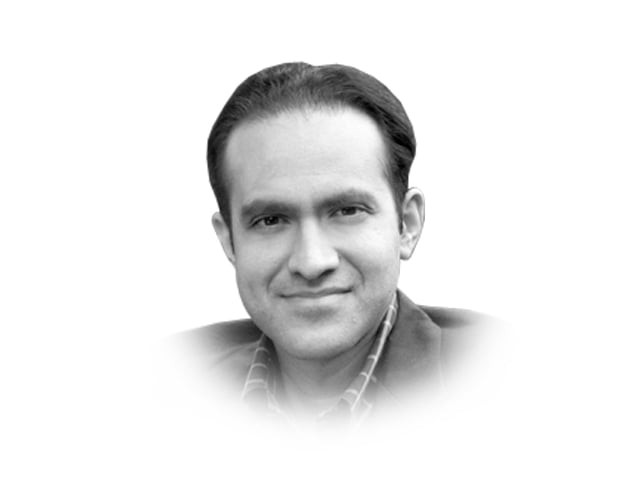
Yet this ostensible moderation is eroding with the stealthy seduction of absolutist ideologies from Arabia that claim authenticity and exclude all dissent with their austere view of a joyless ephemeral world. Last year, Indonesia had an appalling spate of violence against Ahmadis and Christians, reminiscent of Pakistan. During my visit to Indonesia, the leader of one of the Islamic schools in Java refused to allow his students to sing the Indonesian national anthem or respect the flag, branding the practice un-Islamic. It appears that the tropical ‘paradise’ of these lands is being eclipsed by the seductive absolutist shortcut to heaven offered by many clerics.
A group of fanatical women in Malaysia influenced, inter alia, by individuals such as Pakistan’s evangelical lady of middle-class piety, Dr Farhat Hashmi, have set up an ‘Obedient Wives Club’. Their motto, according to one of the founders, Rohayah Mohamed, also a medical doctor, is to “obey, serve and entertain”. No mention is made by these good doctors of how such a servile inculcation among women has set them up for abuse in so many societies by dominant men. Why can’t these well-intentioned ladies suggest good family values of mutual respect rather than asymmetric empowerment that has proven to lead to exploitation?
BBC correspondent Mishal Husain asked the Indonesian foreign minister, at an interview after the World Economic Forum, if Indonesia was afraid of being ‘Pakistanised’. That fear is very real and palpable for moderate Muslims in the region. The saving grace for Indonesia is that they have moderate Islamic political movements with a large membership base (around 30 million in the case of Nahdlatul Ulama). The government of Indonesia is also bold enough to take radical clerics to task through the judicial process, as exemplified by the recent cleric Abu Bakr Bashir, for inciting violence. Such a trial would be impossible in Pakistan for any of our firebrand clerics.
A static interpretation of Islam that freezes time in the sixth century as a golden age must change. The essential values may be timeless but their manifestations will inexorably change. Muslims need to accept that human societies develop and that adaptation to changing times is a mark of resilience of a faith and not its weakness. Wrestling with boundaries of human behaviour and accepted norms through democratic, educational and faith-based processes leads to a consensus in societies that is more sustainable than the draconian imposition of a particular edict that may be erroneously deemed to lead to salvation.
Unfortunately, in Pakistan even the term ‘moderation’ has acquired an abusive cadence because it was used by erstwhile president General Pervez Musharraf. I don’t care what you call it — miyana ravi, moderation, balance, tolerance — just understand that we need a society where people can disagree with each other in a civilised fashion. A society where the Quranic edict for “no compulsion in religion” is understood in its most expansive interpretation and not just the narrow pre-conversion context that most mainstream clerics in Pakistan consider.
Indonesia and Malaysia are pluralistic Islamic societies which must strive to keep their balance and not go down the path of absolutism. Recent trends suggest that moderation is reversible and fragile. Pakistan has much to learn from these societies and very little to teach them in turn.
Published in The Express Tribune, June 20th, 2011.

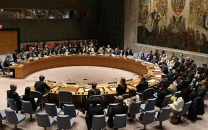
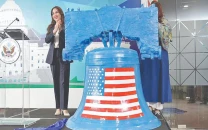
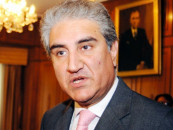
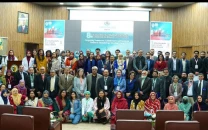














COMMENTS
Comments are moderated and generally will be posted if they are on-topic and not abusive.
For more information, please see our Comments FAQ